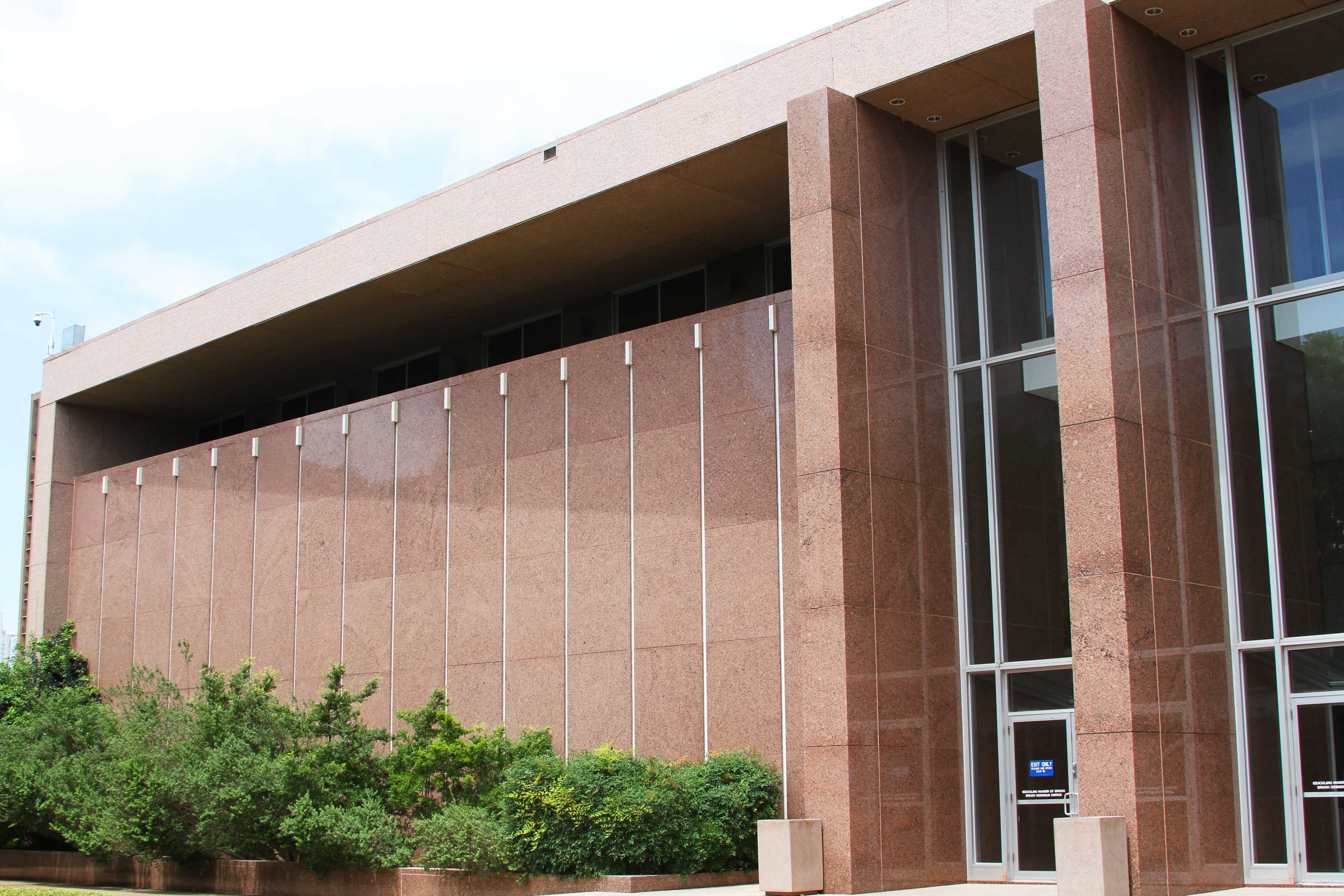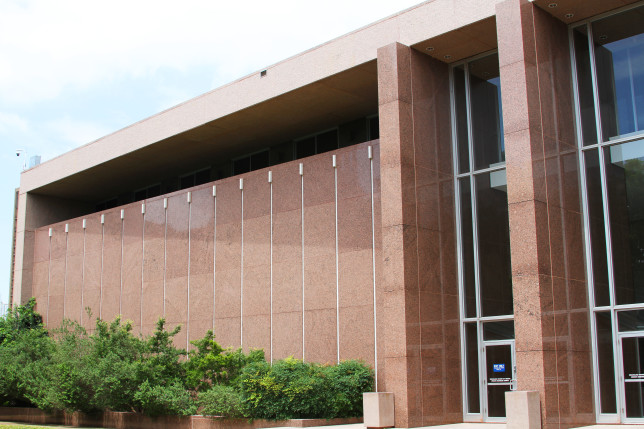Peraza v. State
Nos. PD–0100–15, NO. PD–0101–15, 01-12-00690-CR
Case Summary written by Garrett Couts, Staff Member.
The 184th District Court of Harris County convicted Osmin Peraza upon two charges of aggravated sexual assault of a child under fourteen years of age and sentenced him to concurrently serve twenty-five years per offense. Osmin appealed the judgment contending that a $250 DNA fee rendered for each count pursuant to Texas Code of Criminal Procedure, Article 102.020, was a violation of the separation of powers and thus unconstitutional. The First Court of Appeals reversed the District Court’s judgment and found for the appellant.
The Court of Criminal Appeals reversed and reinstated the $250 DNA record fee for both counts upon a determination that the First Court of Appeals implemented an improper standard of proof.
The linchpin of Osmin’s challenge was the distribution of the $250 fee to the criminal justice planning account and state highway fund, which he contended were not related to the adjudication of the charges against him. He compared the court’s actions to tax collection and a function of the executive, not judicial, branch. While the First Court of Appeals found the fees unconstitutional, the Fourteenth Court of Appeals in Houston found, in the similar case of O’Bannon v. State, 435 S.W.3d 378 (Tex. App.–Houston [14th Dist.] 2014, no pet.), in the alternative. Thus, the Court of Criminal of Appeals sought to clarify the differing results. The Court of Criminal Appeals held the fees were constitutional, lawfully and statutory required, and were properly applied by the district court for two reasons.
First, the court emphasized that a law is to be read in a light favoring its constitutionality, and the First Court of Appeals failed to do so. The burden of a constitutional challenge to a statute rests with the party bringing the suit. Thus, Peraza had the burden of proving there were no possible constitutional uses of the funds collected, and until that proof was met, the law should have been considered valid.
Second, the court found that the appellate court improperly relied upon Ex parte Carson, 143 Tex. Crim. 498, 159 S.W.2d 126 (1942), in finding the fees were neither “necessary” nor “incidental” to a criminal trial. The court specifically stated that the 65% of the fee allocated to the criminal justice planning account could be used as reimbursement funds for the Department of Public Safety in fulfilling its requirement to collect DNA samples from persons charged for particular offenses, including aggravated sexual assault of a child under fourteen years of age. Thus, that allocation was valid. The court also found the remaining 35% allocation to the state highway fund valid because those funds could be used for the Department of Public Safety’s DNA collection efforts and the laboratories that store and test those DNA samples. Thus, both allocations of the fee had possible, constitutional uses and were thus valid.
In essence, the court adopted a general standard for validating fees assessed by court order. If the fees are “for legitimate criminal justice purposes” as provided by the applicable statute, then they are valid and constitutional. The court defined a “criminal justice purpose” as “one that relates to the administration of our criminal justice system.” The court reversed the decision of the First Court of Appeals and reinstated both $250 DNA fees.


